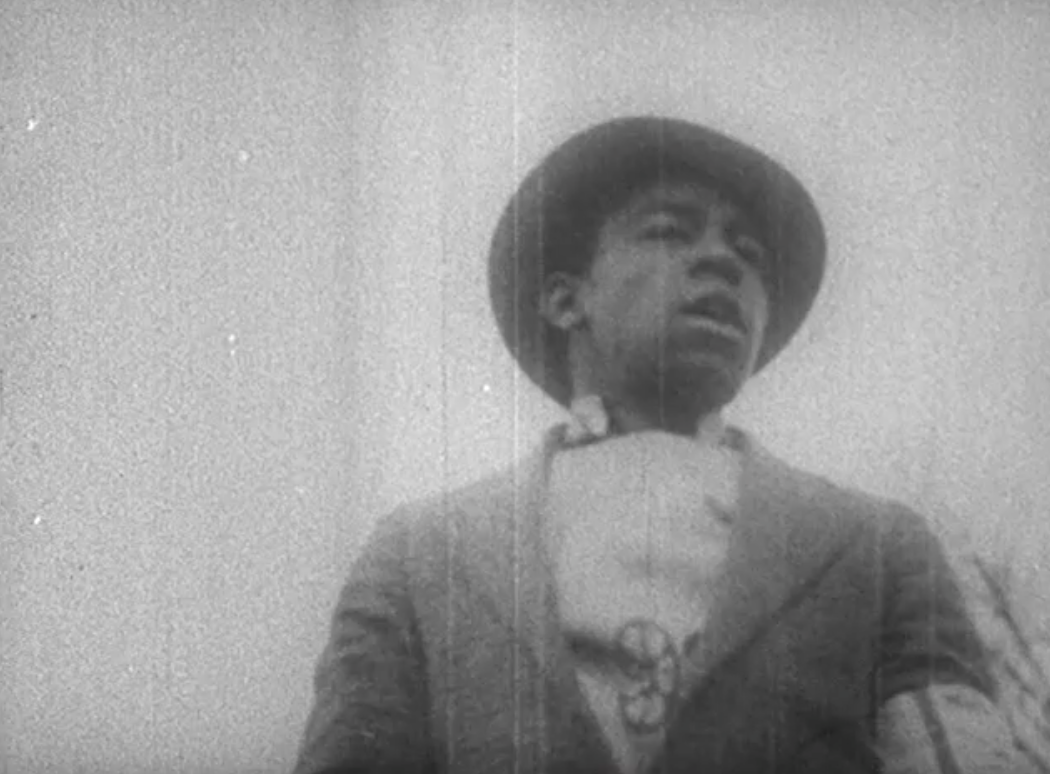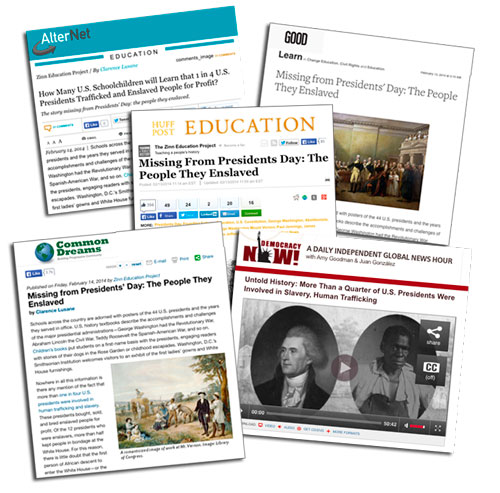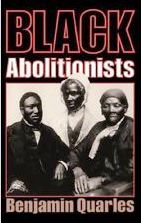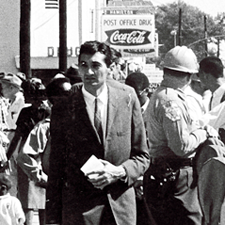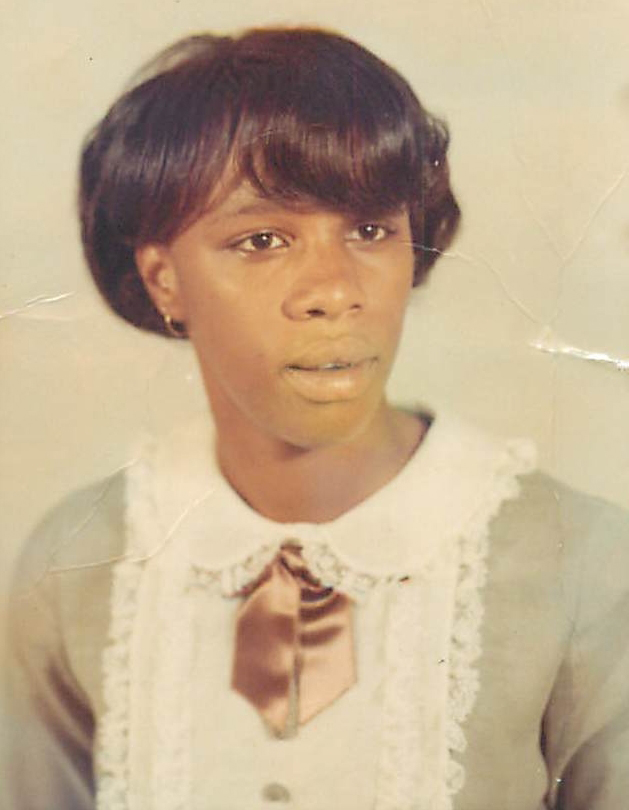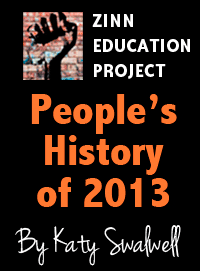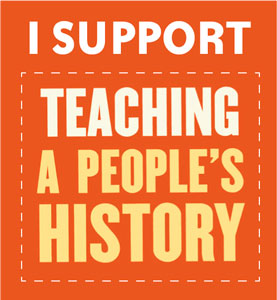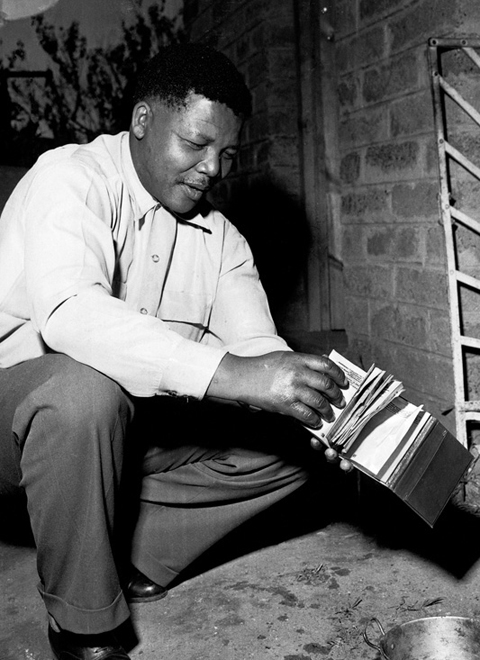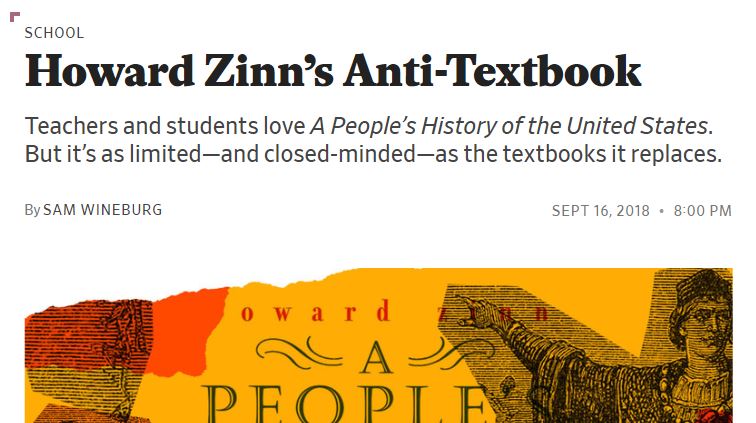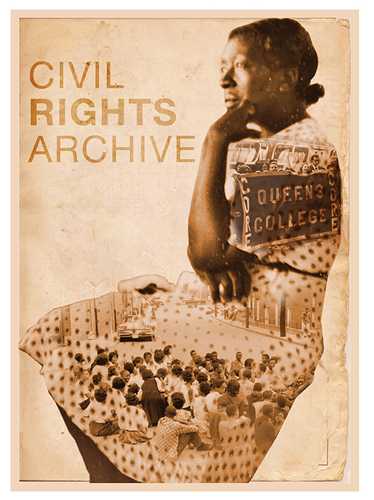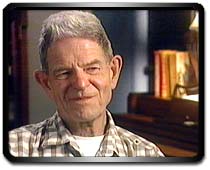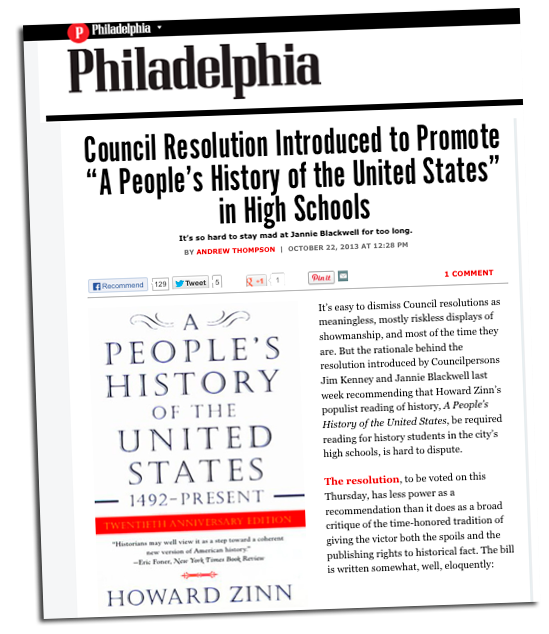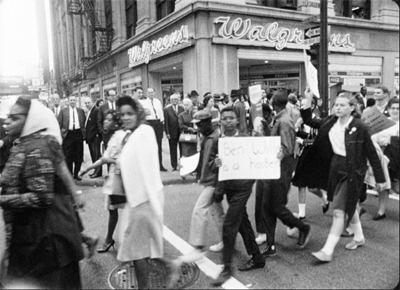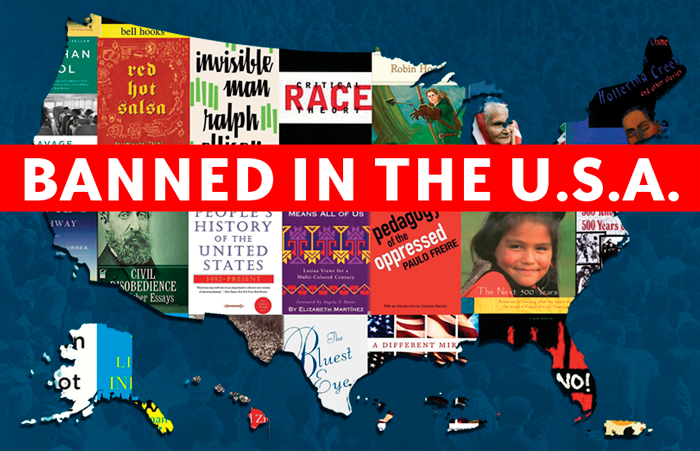In the United States, there has been a renewal of interest in slavery, the…
Continue reading
Howard Zinn passed away four years ago on January 27, 2010. We miss him--we miss his wisdom, his humor, his kindness, his capacity to place just about any current event in its historical context. The phrase "speak truth to power" perfectly describes the life's work of Howard Zinn.
The Zinn Education Project continues to draw inspiration from the words and deeds Zinn left behind.
Continue reading
Mia Henry has an extensive career in youth development, community organizing, and civic and history…
Continue reading
Labor activist and scholar Bill Fletcher Jr.’s donation to the Zinn Education Project in honor…
Continue reading
By Katy Swalwell
This year has been full of examples of people making history. Although newspapers and textbooks often focus on political and military leaders, the real story was with "ordinary people" in the streets who challenged injustice and worked for good.
Continue reading
When young people learn a more accurate history---including how people have worked together for greater dignity and justice---they are more likely to see themselves as changemakers.
As our favorite teacher, Howard Zinn, said, "I had a modest goal when I became a teacher. I wanted to change the world."
Please join us spreading a people's history to classrooms everywhere. Help us change the world.
Continue reading
We mourn the death of Nelson Mandela, who died today at age 95. Mandela's sacrifice, courage, and vision inspired people throughout the world, and thousands, if not millions, of young people came to their political awareness through anti-apartheid solidarity actions.
Continue reading
"In honor of my father, who died in the Spanish Civil War. He served in the Lincoln Brigade."
Rhoda Seidler's donation to the Zinn Education Project came with a connection to people's history. Her father volunteered for the Abraham Lincoln Brigade, an international volunteer army that fought to save Spain’s Republican government from being overwhelmed by the fascist Francisco Franco, and his allies, Hitler and Mussolini.
Continue reading
A critical response to “Undue Certainty: Where Howard Zinn’s A People’s History Falls Short" by Sam Wineburg.
Continue reading
by Andy Piascik
In an epoch of imperial hubris and corporate class warfare on steroids, the release of these books could hardly have come at a better time. Soldier, coal miner, Sixties veteran, recent graduate — there’s much to be gained by one and all from a study of Lynd’s life and work. In so doing, it’s inspiring to discover how frequently he was in the right place at the right time and, more importantly, on the right side.
Continue reading
Queens College in New York has an important archive with a wealth of documents about the activism of their staff and students during the Civil Rights Movement in the 1960s. To bring attention to the history and resources, the archive staff called on the college’s graphic design department for help. The results are the stunning images below.
Continue reading
The following essay was presented at the Howard Zinn Read-In held at Purdue University on November 5, 2013.
If you are like me, and I think you are, you may be expecting something like one of the old Wobbly free speech fights. I will say, “We hold these truths to be self-evident,” after which I will be arrested.
Continue reading
Philadelphia City Councilman James Kenney authored a resolution, calling upon the Philadelphia School District “to make Howard Zinn’s best-selling book A People’s History of the United States a required part of the high school U.S. history curriculum.”
Continue reading
It is easy to see the ways in which A People’s History of the United …
Continue reading
On October 22, 1963, a coalition of civil rights groups staged Freedom Day, a mass…
Continue reading
While students and teachers testify to the positive impact of people's history, the right to learn that history has been under frequent attack for the past few years.
Continue reading
Mary Beth Tinker was a 13-year-old junior high school student in December 1965 when she…
Continue reading

